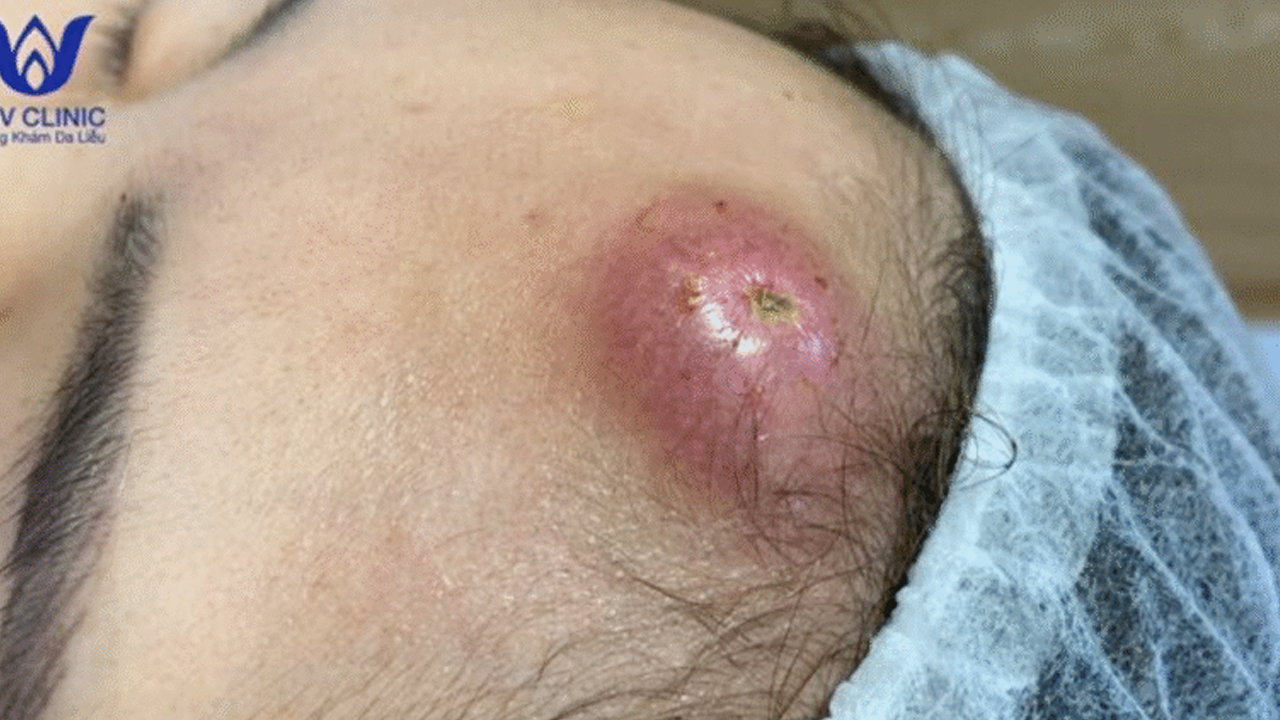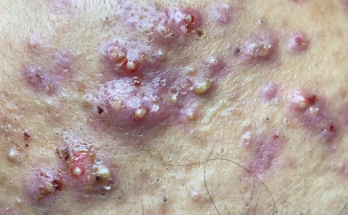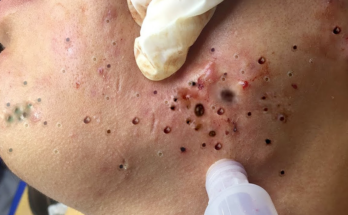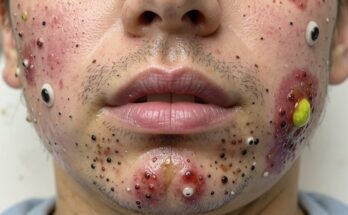Conquer Your Complexion: A Comprehensive Guide to Blackhead and Whitehead Treatment
Are you tired of battling blackheads and whiteheads? These common acne forms can be frustrating, but with a consistent approach combining skincare, topical treatments, and potentially professional help, you can achieve clearer skin. This guide offers a detailed plan to help you conquer your complexion.
Understanding the Enemy: Blackheads and Whiteheads
What are Blackheads?
Blackheads, those pesky dark spots, are open pores clogged with a mix of oil, dead skin cells, and dirt. The dark color comes from the oxidation of this mixture when exposed to air – not dirt, as many believe. They are a sign of congested pores needing attention.
What are Whiteheads?
Unlike blackheads, whiteheads are closed pores, meaning a layer of skin seals the clogged pore, resulting in a small, white bump. The trapped sebum and dead skin cells contribute to their appearance.
Building Your Skincare Arsenal: A Daily Routine
A consistent daily skincare routine forms the cornerstone of effective blackhead and whitehead treatment. Remember, patience is key – significant improvements take time.
1. Gentle Cleansing: The Foundation
Twice-daily cleansing is crucial, but choose your cleanser wisely. Opt for a mild, non-comedogenic cleanser (meaning it won’t clog pores). Look for formulas containing salicylic acid or benzoyl peroxide, ingredients known for their acne-fighting properties. Avoid harsh scrubbing or over-cleansing, which can irritate your skin and stimulate excess oil production.
2. Exfoliation: Unleash Your Skin’s Radiance
Chemical exfoliation is your secret weapon. Incorporate chemical exfoliants like salicylic acid (BHA) or glycolic acid (AHA) into your routine 2-3 times per week. These acids gently dissolve dead skin cells and excess oil, unclogging pores and preventing future breakouts. Start slowly to assess your skin’s tolerance and avoid irritation. Avoid harsh physical scrubs, as these can damage your skin barrier.
Targeted Treatments: Taking Aim at Acne
Beyond cleansing and exfoliation, targeted topical treatments can significantly improve your skin’s condition.
1. Over-the-Counter (OTC) Powerhouses
Several effective OTC options are available:
- Salicylic Acid (BHA): This powerful ingredient penetrates oil-filled pores, making it highly effective against both blackheads and whiteheads.
- Benzoyl Peroxide: This fights acne-causing bacteria and reduces inflammation, making it ideal for inflamed breakouts.
- Retinoids (e.g., Adapalene): Retinoids promote cell turnover, preventing clogged pores and improving skin texture. Always start with a low concentration and gradually increase as tolerated.
2. Prescription Strength: When Needed
If OTC treatments aren’t enough, your dermatologist can prescribe stronger retinoids (like tretinoin) or topical antibiotics for more stubborn cases. They may also recommend oral medications in severe cases.
Professional Help: Elevating Your Skincare Game
For more stubborn or severe acne, professional treatments can provide significant benefits.
1. Professional Extractions: Leaving it to the Experts
Resist the urge to squeeze! DIY extractions often lead to scarring and infection. Instead, seek professional extractions from a dermatologist or esthetician in a sterile environment.
2. Chemical Peels: A Deep Cleanse
Chemical peels use stronger acids (like TCA or lactic acid) to deeply exfoliate, unclogging pores and significantly improving skin texture. This treatment is best administered by a professional.
3. Advanced Technologies: Laser and Light Therapy
For moderate to severe acne, laser or light therapy can target oil glands and bacteria, reducing breakouts and improving overall skin tone.
Common Mistakes to Avoid: Protecting Your Progress
Several common habits can hinder your progress:
- Popping pimples: This almost always leads to scarring and infections, worsening the condition.
- Harsh scrubbing: Avoid abrasive scrubs that irritate your skin and increase oil production.
- Over-exfoliating: Stripping your skin of natural oils can lead to a rebound effect, producing even more oil.
When to Consult a Dermatologist: Seeking Expert Advice
If you’re struggling with persistent blackheads or whiteheads, especially if they are widespread, painful, or accompanied by scarring, consult a dermatologist. Also seek professional help if OTC treatments prove ineffective after several weeks of consistent use. Remember, a dermatologist can offer personalized advice and treatment options.
References
- American Academy of Dermatology (AAD)
- Mayo Clinic Acne Treatment Guide
- Cleveland Clinic: clevelandclinic.org
- Healthline
- Verywell Health
This detailed guide provides a roadmap to clearer, healthier skin. Remember, consistency and patience are key to achieving lasting results. If you have any questions or concerns, always consult a dermatologist for personalized advice.












